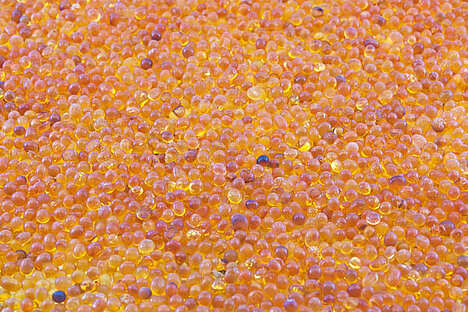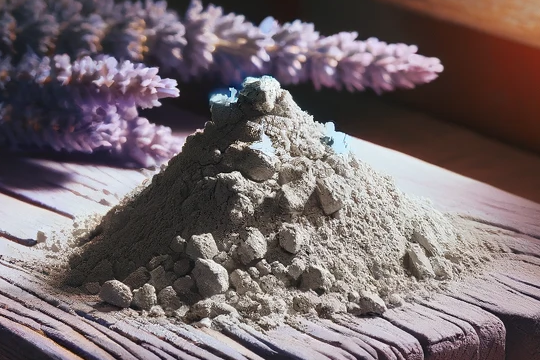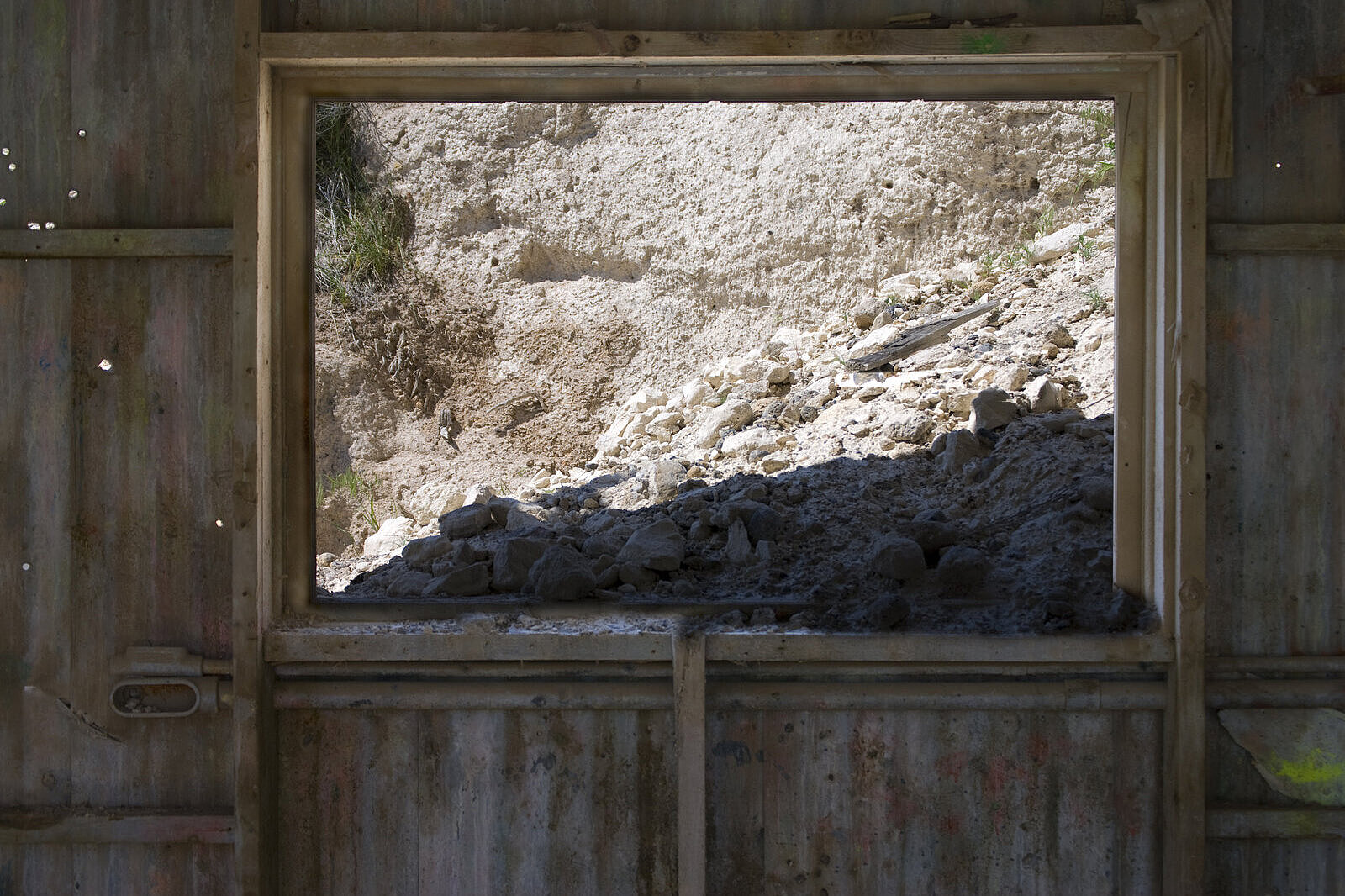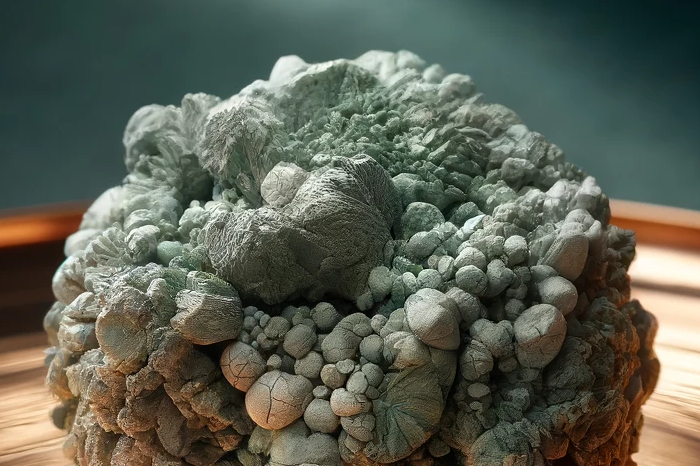Silica

What is silica?
Silica is a collective term for various sediments and minerals that have a high silicon content. Silicon is an important building block for connective tissue, bones and cartilage in the body. It is also involved in the formation of collagen, a protein that is responsible for the elasticity and firmness of the skin.
Silica can be obtained from various sources, for example from diatoms, quartz sand or slate. The composition and quality of silica can vary depending on its origin. You should therefore make sure it is pure and has a high silicon content when buying it.
How does silica work for dogs?
Silica is often recommended as a dietary supplement for dogs to make their coat shiny and their claws strong. Silica is also said to strengthen the immune system, aid digestion and reduce inflammation. Some pet owners also report an improvement in joint health and relief from osteoarthritis symptoms in their dogs.
However, there are no scientific studies to prove these effects of silica in dogs. Most experiences are based on personal observations or recommendations from other dog owners. Therefore, you should not have too high expectations of silica and always stick to the recommended dosage.
How can you give silica to your dog?
Silica is available in various forms, for example as a powder, tablets or capsules. You can either give silica directly into your dog's mouth or mix it into their food. The dosage depends on the size and weight of your dog. As a rule of thumb: 1 gram of silica per 5 kilograms of body weight per day.
You can administer silica either permanently or as a cure. A course of treatment should be administered approximately every three to four months and last four to six weeks. Siliceous earth does not take effect immediately, but only after some time of regular use.
What are the risks and side effects of silica?
Silica is considered non-toxic and well tolerated by dogs. However, an overdose can lead to digestive problems such as diarrhea or constipation. In addition, too high an intake of silicon can promote the formation of kidney stones. You should therefore always adhere to the recommended dosage and provide your dog with sufficient water.
Another risk factor is the quality of the silica. Some products may contain impurities such as quartz or cristobalite, which can cause lung damage if inhaled. You should therefore always make sure that the silica has a high purity and low quartz content and be careful when opening the packaging.
Silica is a mineral rich in silicon, which is important for skin, coat, bones and cartilage. It is often used as a dietary supplement for dogs to make the coat shinier and strengthen the claws. There are reports of positive effects on the immune system, digestion and joint health in dogs, but scientific evidence is lacking. The dosage should be handled carefully to avoid digestive problems or overdosing. The quality and purity of silica is crucial to avoid possible contamination.
If you notice any signs of hypersensitivity or poisoning in your dog, you should see your vet immediately. We are not a substitute for a vet, but we try to be as accurate as possible. Every dog reacts differently and we recommend you get a second opinion or consult your vet if in doubt.
Stay healthy and take good care of your four-legged friend!😊
Similar to Silica
Bentonite is a fine powder consisting of various clay minerals. The most important are montmorillonite, kaolinite and illite. These minerals have a platelet-like structure that can swell in water...
Diatomaceous earth is a natural substance that contains no chemical additives. It is rich in silicon and other minerals that are important for the health of skin, hair and nails. Diatomaceous earth...
Zeolite is a naturally occurring, microporous mineral with a unique crystalline structure consisting of aluminum, silicon and oxygen. Its special ability to exchange ions and adsorb molecules makes...
A natural clay with unique properties Montmorillonite belongs to the group of smectite clay minerals and is characterized by its ability to absorb water and other substances between the clay...



